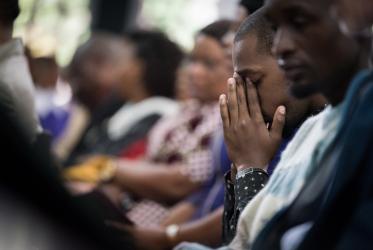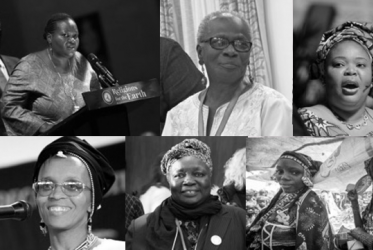Displaying 1 - 9 of 9
Churches and moral discernment: A series of three webinars by WCC Faith and Order Commission
29 April - 15 June 2021
Online-By registration only
‘Pursuing Peace in a Pluralistic World’ A Sikh-Christian Dialogue to commemorate the 550th Birth Anniversary of Guru Nanak
05 July 2019
Ecumenical Centre, Geneva






